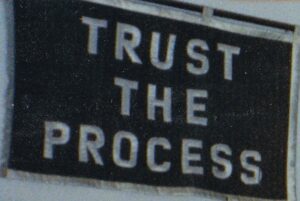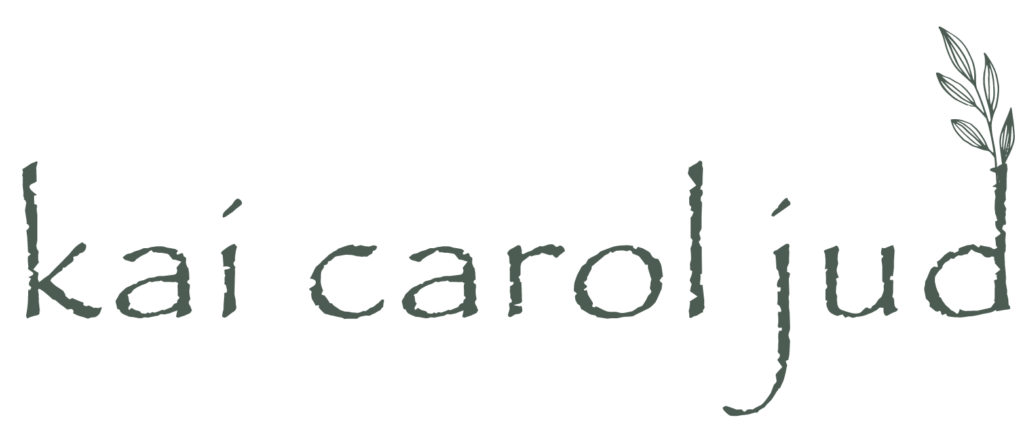
TRUST THE PROCESS
In the Shalom Mountain meeting room, a sign hangs on the wall: “Trust the Process.” Though brief, these three words carry profound and challenging meanings throughout our lives.
To trust the process, we must see life as a journey rather than a destination. Our experiences unfold in ways we may not always understand—sometimes they are comforting, and at other times, they are challenging—but they represent a natural expression of who we were born to be. This journey is a mystery we both shape and are shaped by, guiding us through familiar terrains and uncharted territories.
What does it mean to truly trust? Trust only becomes necessary when there is an element of risk. For instance, I don’t need to trust the sun will rise each day because it’s a certainty in our reality, regardless of cloudy skies.
However, driving on a busy highway calls us to trust in different ways. I trust that my driving skills are sufficient and that I will remain alert, allowing me to feel optimistic about reaching my destination. With experience, I can focus more on the road than on potential dangers. Yet, a sudden mistake by another driver could lead to unforeseen consequences. Trust does not guarantee the outcomes I envision. Instead, it involves recognizing that I am supported no matter what happens—a lesson I must continually relearn.
During my first meditation journey in Utah’s desert, I wandered far out in the cosmos. Seeking the warmth of the campfire, I joined my teacher by the fire and resumed my contemplations. The sound of planes flying overhead pulled me out of my quiet exploration. Initially, I wasn’t surprised since we were near a military base.
Then I heard another plane, and another, and another. I realized what was happening: the war in Iraq, which we had hoped would never occur, had begun.
I began to wail, thinking of the soldiers thrust into conflict, the families who would lose loved ones, and the land that would be desecrated.
I cried for what seemed an eternity, and all the while, my teacher whispered in my ear that all was well.
I resisted, exclaiming, “No, it isn’t! This shouldn’t be happening.” Yet she repeated, “All is well. This is just the moment we face right now.”
Eventually, my tears subsided, and as I stared into the fire and the now-quiet sky, I realized I would be seeking to understand that simple phrase, “All is well,” for the rest of my life.
As I look back on my seventy-seven years, I am grateful to have lived in a golden period. This is not to say that things were perfect; they were far from it. Yet there was a spirit that suggested things were getting better, that light would prevail over darkness, and that love would triumph.
Now, however, we are witnessing the unraveling of achievements established after World War II. Basic needs are being stripped away from children, laws are ignored, and individuals are unjustly silenced for speaking the truth.
In these times, we are called to trust. But what should we trust in? We need to trust in truth, love, and community. We must also trust in the cycles of life. Birth, life, and death are real. In the midst of so much that is collapsing, we need to honor and walk with the dying. As we let go and walk into the mystery, we must trust that we are being held in our unfolding journey and that all is well.
Sending you love and gratitude,
Kai

